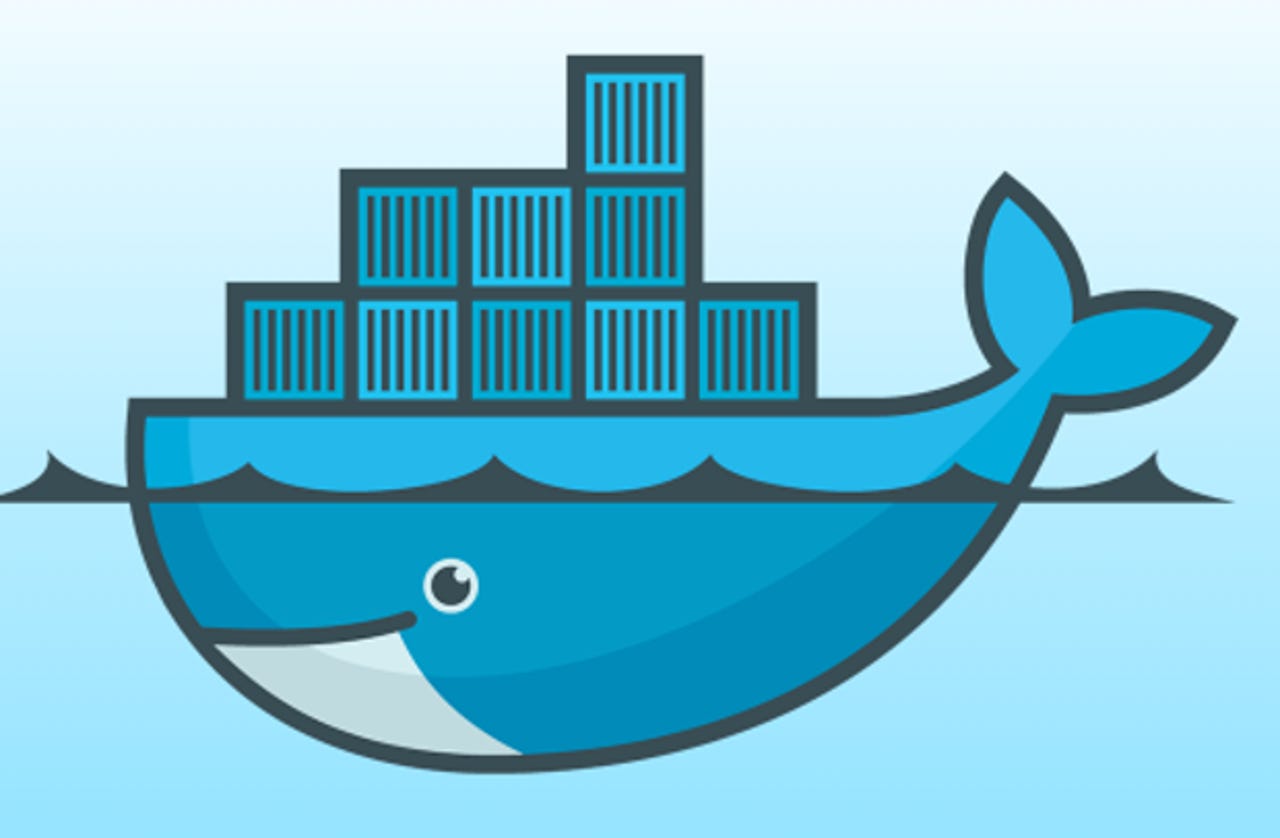Docker 1.0 brings container technology to the enterprise

On June 9th, Docker, Inc., the commercial father to the open source Docker container project, announced the release of Docker 1.0 and the Docker Enterprise Support program. Docker uses containers, in lieu of virtual machines, to enable multiple applications to be run at once on the same server.

In its 15 months of evolution, Docker has emerged as a leading container program with support and partnerships from major Linux open source powers such as Canonical and Red Hat. Docker is designed to be an open platform for developers and sysadmins to build, ship, and run distributed applications on the same operating system.
The program is made up of the Docker Engine, its container standard, and Docker Hub, a cloud-based service for users, content and workflows. The idea behind Docker is that it enables developers to quickly create applications to from components can be deployed and run on laptops, data center servers, or the cloud.
The Docker Engine 1.0 features include:
- Quality: Docker is hardened and tested for enterprise production deployments
- Compatibility: Docker Engine now runs on all major Linux distributions, including Red Hat, Debian, Ubuntu, Fedora, Gentoo, SuSE. and Arch
- Interfaces: Docker now comes with plug-in application programming interfaces (API)s for execution and file system drivers
- Extensibility: With boot2docker, support for non-Linux operating systems Mac OS X and Windows
- Complete documentation: Quality documentation, updated to reflect the latest capabilities and interfaces
- Complete training materials
- Availability of commercial support, including Long Term Support and Proof of Concept Support packages
- Integration with Docker Hub, the other half of the Docker Platform.
Current Docker users will find the following new features in the 1.0 release:
Building for Developers
- Docker build has a new instruction, COPY, which copies files and folders as-is from the build context.
- Improvements around the ADD instruction and volumes to retain ownership and permissions of files during the build of images
Ops Tooling for Sysadmins
- The Docker Engine now has the ability to pause and un-pause running containers, allowing users to reclaim CPU cycles that a container is using for better resource scheduling on the system.
- It has an updated security profile for device access and capabilities for containers.
- In terms of storage and file systems, they've made Device Mapper improvements, added XFS support, added the ability to use a physical device, and made speed improvements around the performance of container removal.
- The Docker Engine has received an official port reservation from the Internet Assigned Numbers Authority (IANA): Port 2375 will be used for HTTP and 2376 will be used for HTTPS traffic to the Docker API.
CNET: For Grads & Dads
In a statement, Solomon Hykes, Docker's CTO and founder, thanked, "the over 460 contributors to the project – as well as the countless partners, promoters, application publishers and meet-up organizers – for helping Docker reach this important milestone."
"We’d also like to salute the many enterprises that ignored our statements about 'production readiness' and deployed Docker in prior releases. Your bravery (and unvarnished feedback) has been critical as well," he added.
Docker has been proven to work on enterprise-level workloads.
Brian McCallister, CTO of Platform at Groupon, said: "We have started using Docker as the foundation for our build-and-release pipelines because it offers huge benefits around standardization and repeatable processes, especially for a company like Groupon with such a diverse set of technologies in play. The reliability of the platform is critical, and Docker provides the best, most easily managed tool for packaging and deploying services."
It's because of its programmers' hard work and customers' early adoption that Docker is now providing Long Term Support assurances for commercial users of Docker 1.0. The new Docker Enterprise Support program provides enterprise IT customers with the training, expertise, and support necessary for mission-critical workloads built on the Docker platform. With both standard and premium offerings, customers may select the level that meets their requirements, including 24 x 7 x 365 support for Priority 1 issues.
Looking ahead, I see Docker, and containers in general, becoming vitally important in clouds and data centers.
The reason for this is quite simple: Containers enable you to place two to three times as many applications on a single server as virtualization allows you to. When your business profits from getting as much program goodness as you can from the least amount of hardware, containers make excellent sense.
Related stories:
- Red Hat, Ubuntu, and Docker: Container virtualization goes mainstream
- Red Hat gets serious about supporting container-style virtualization
- Docker: An open source startup you need to know about
- Red Hat Enterprise Linux 7 release candidate arrives
- Ubuntu chases enterprise cloud with Server 14.04 release